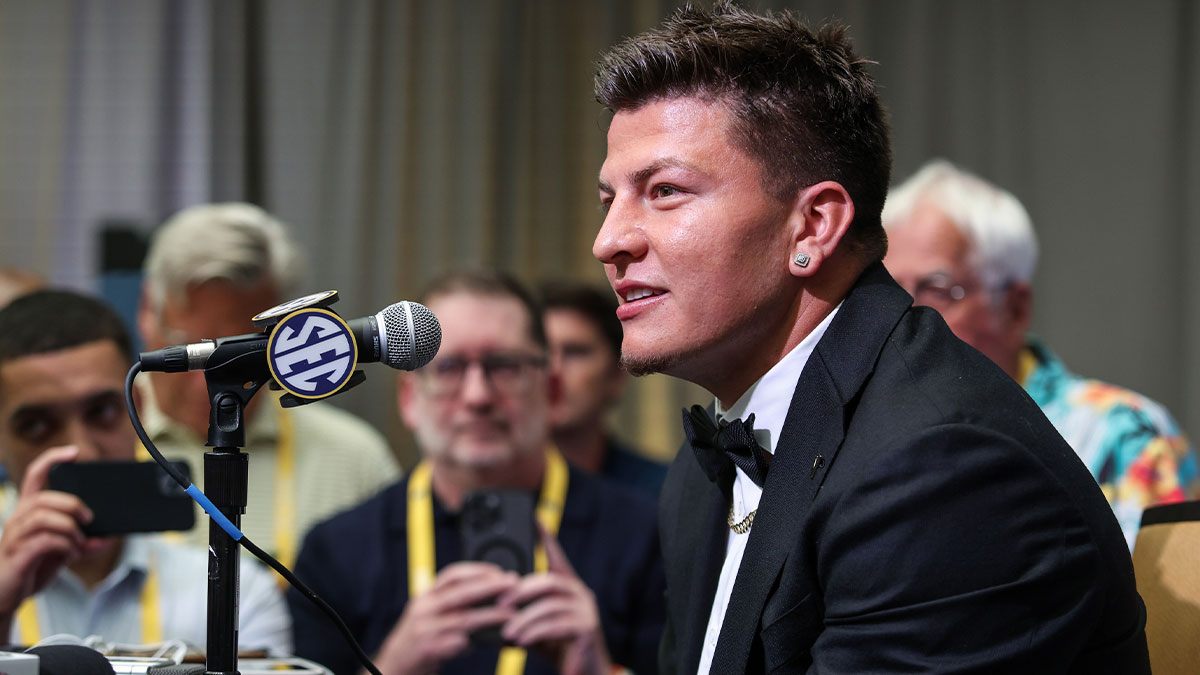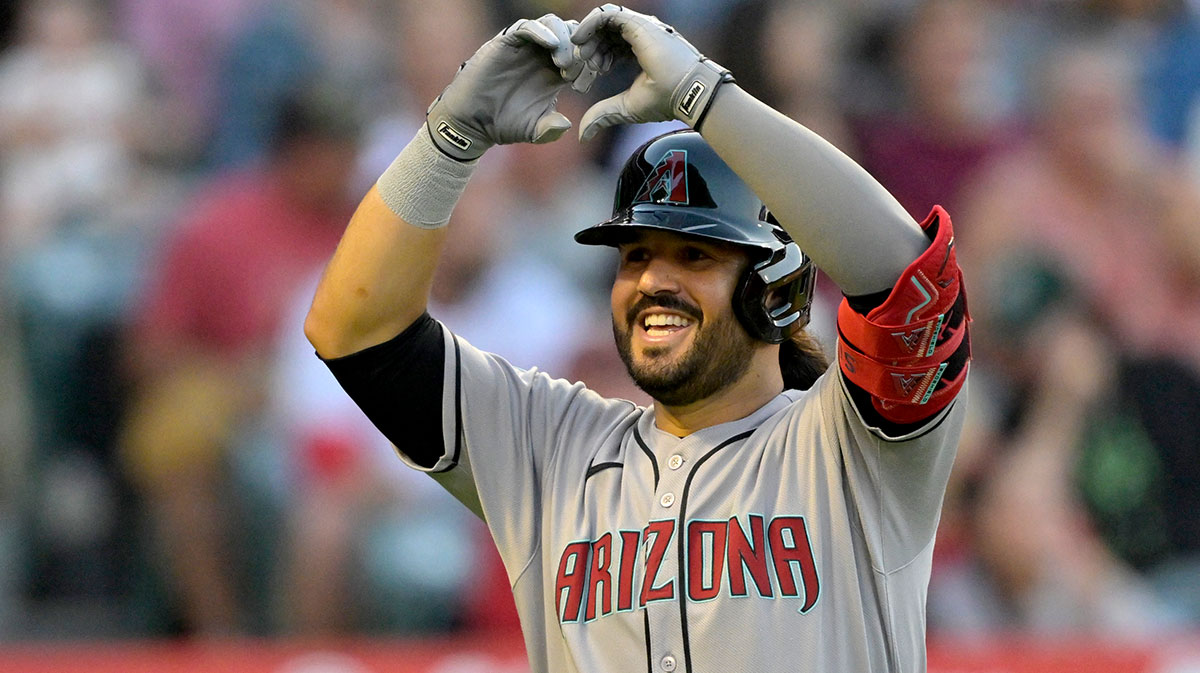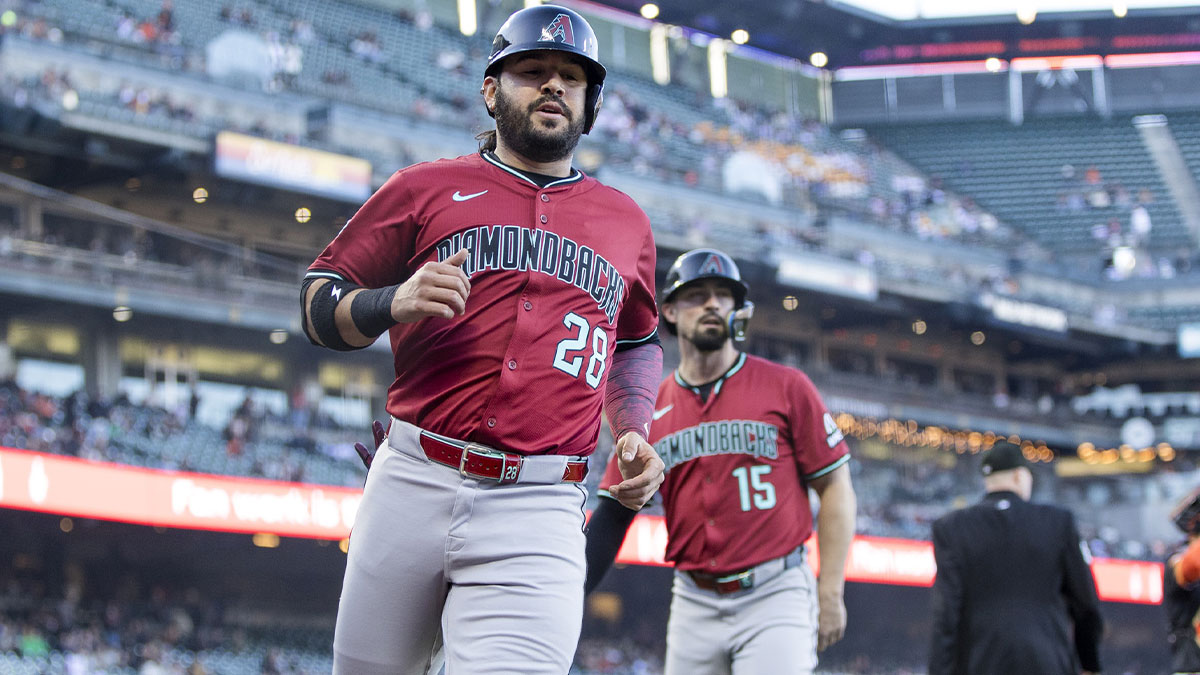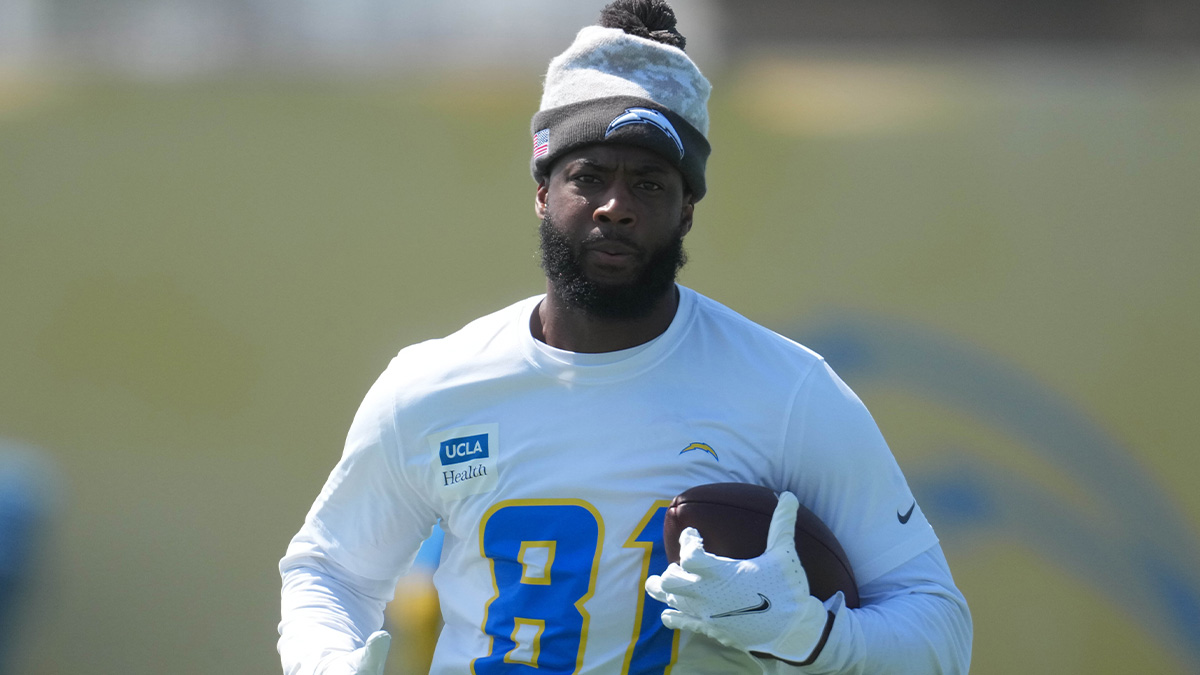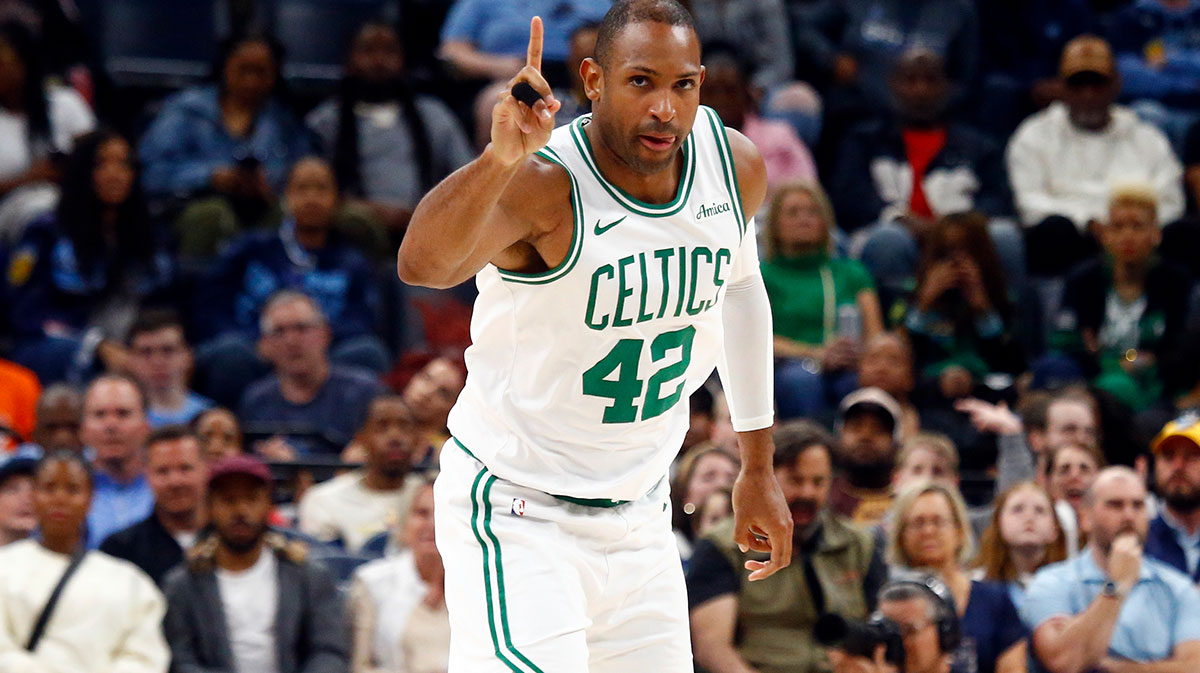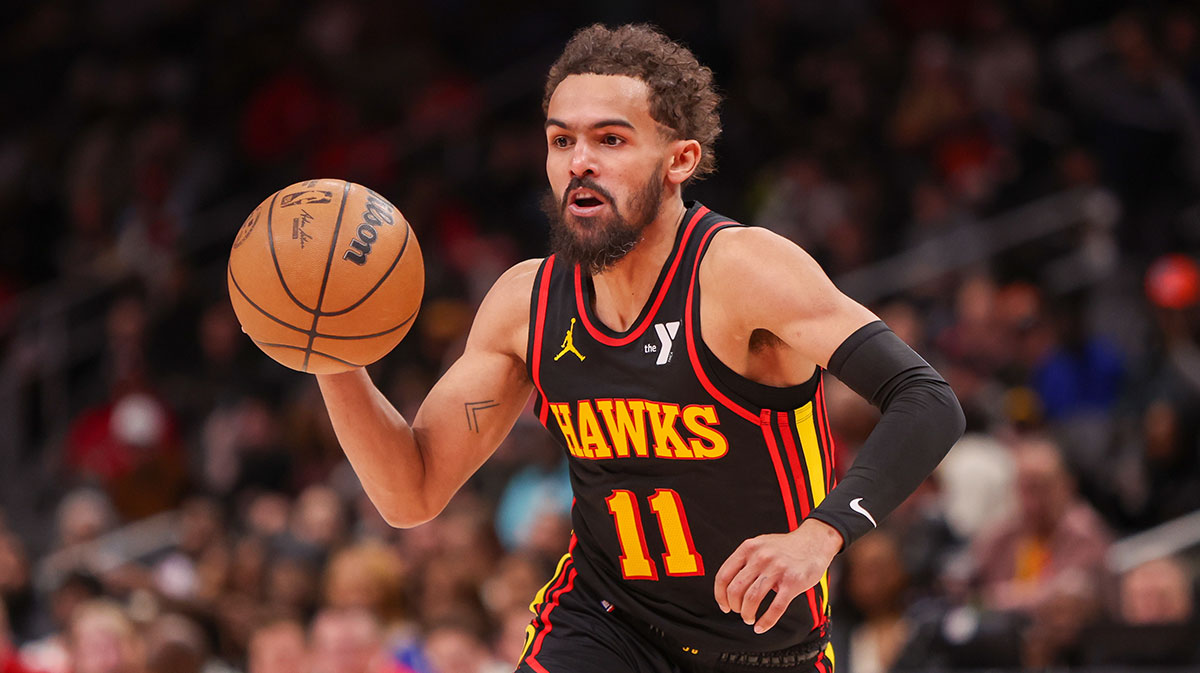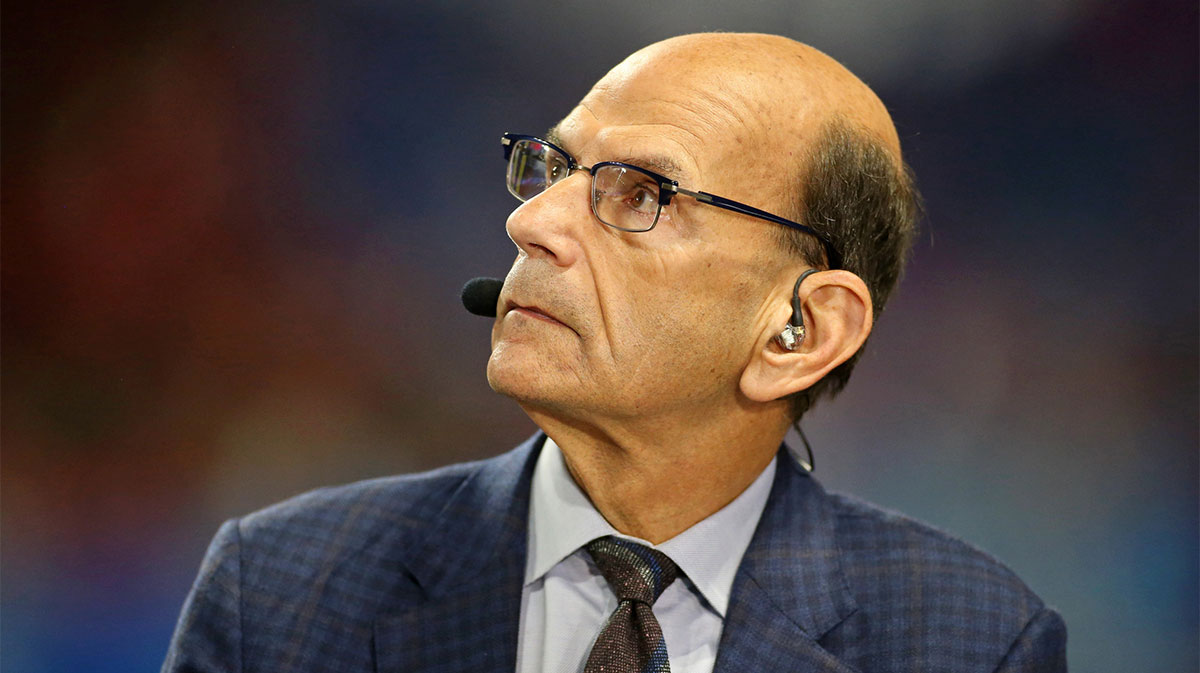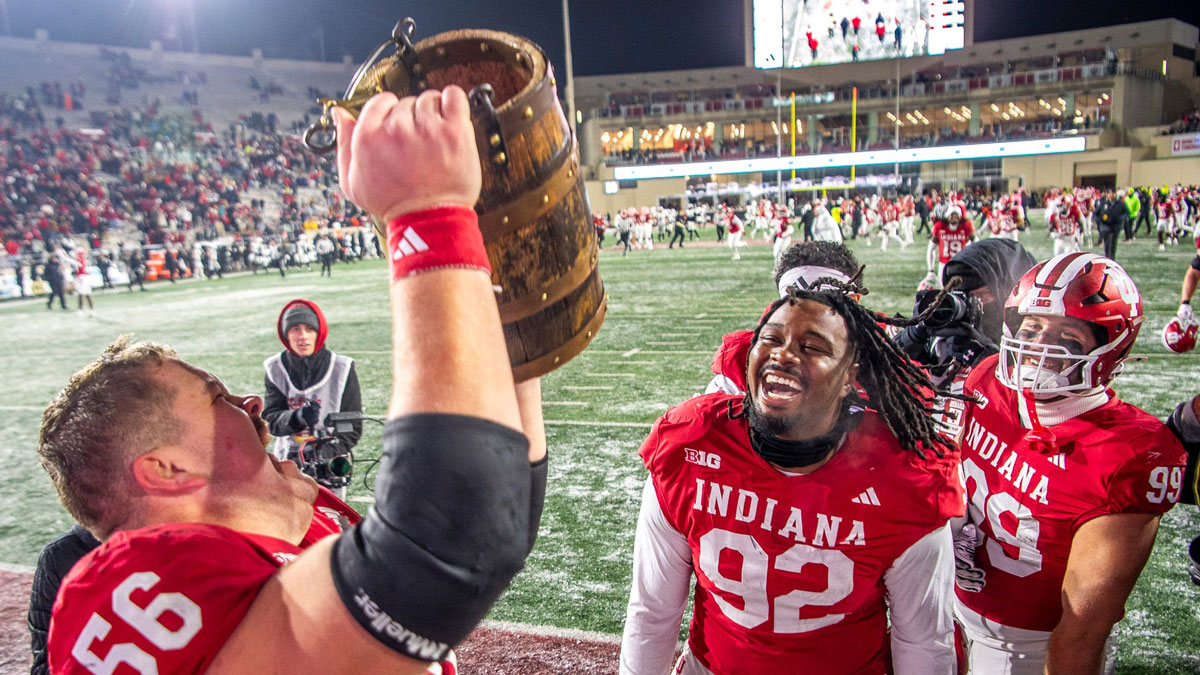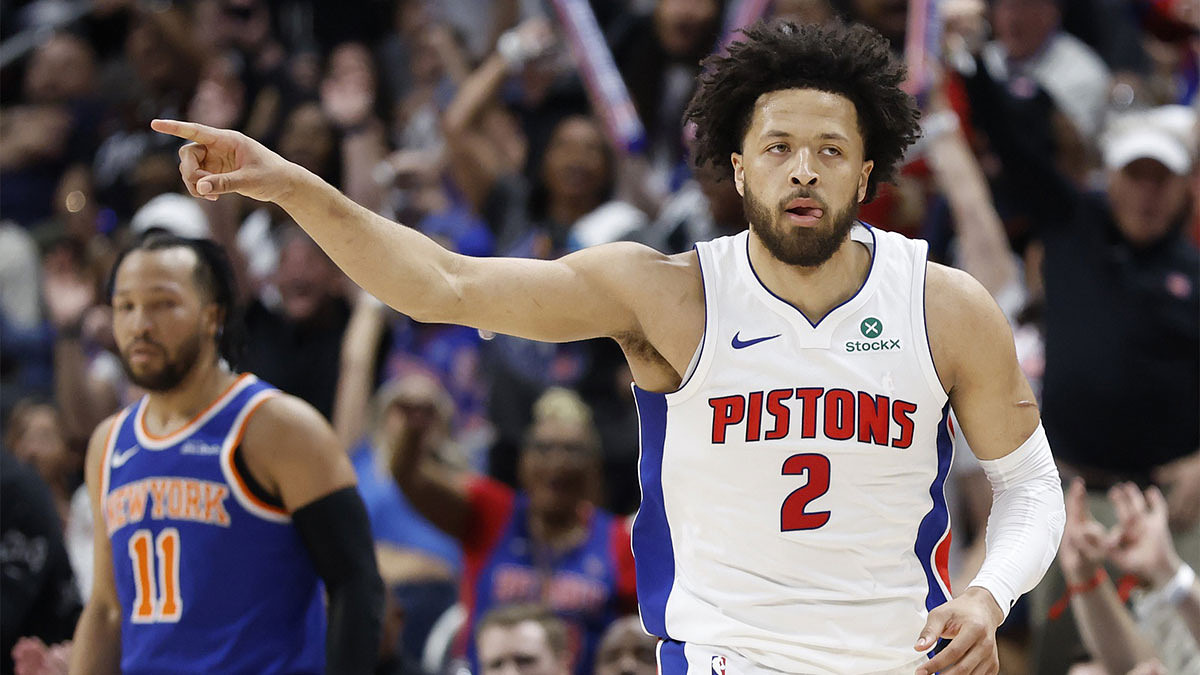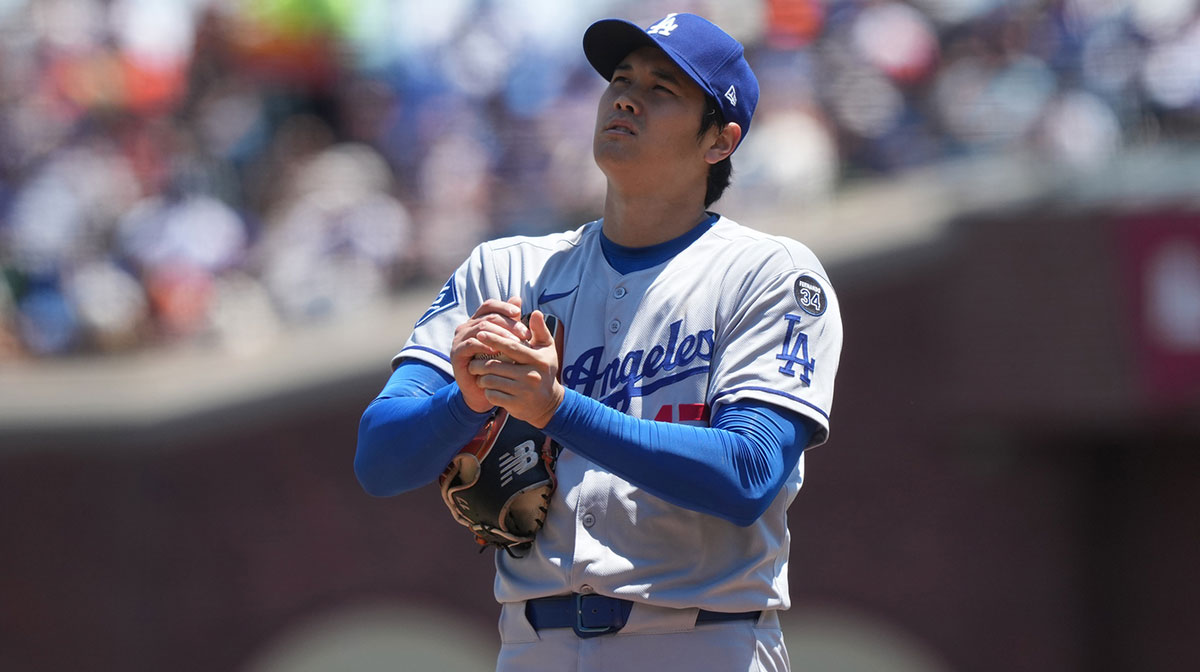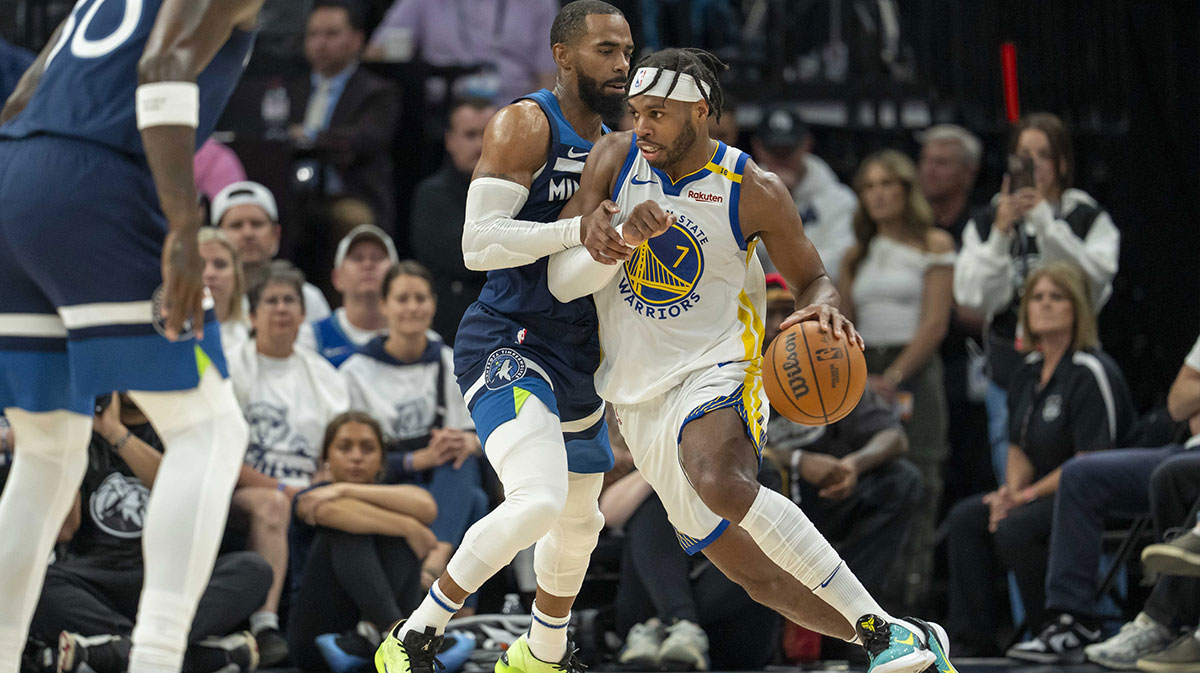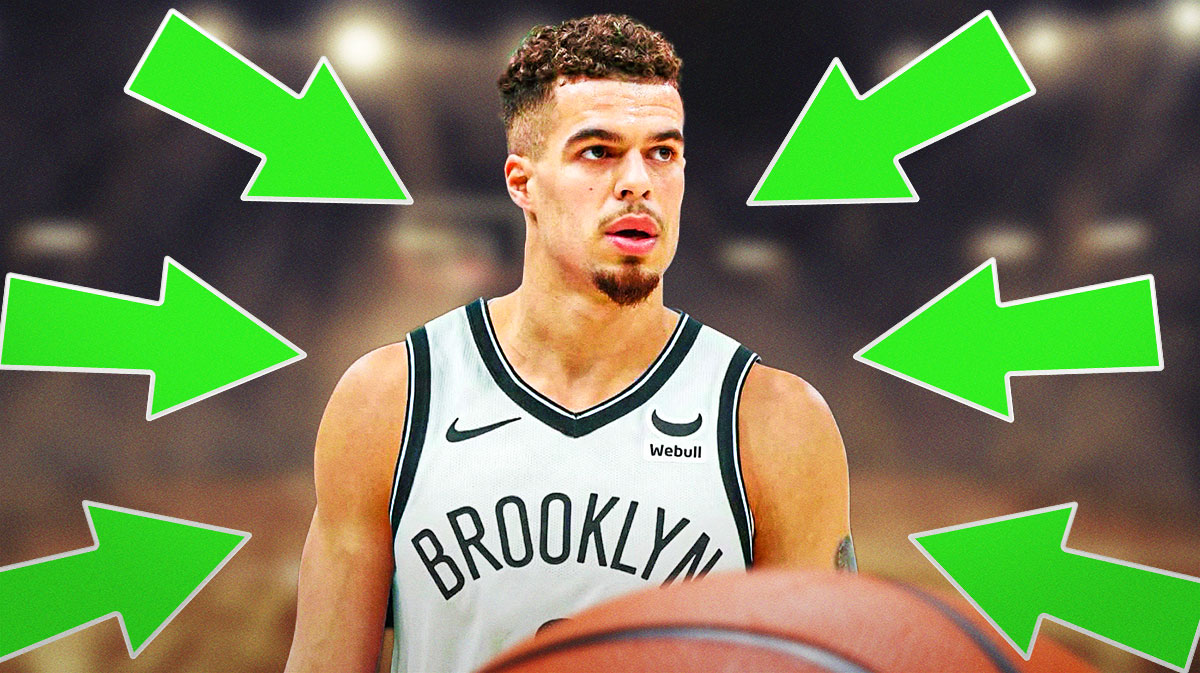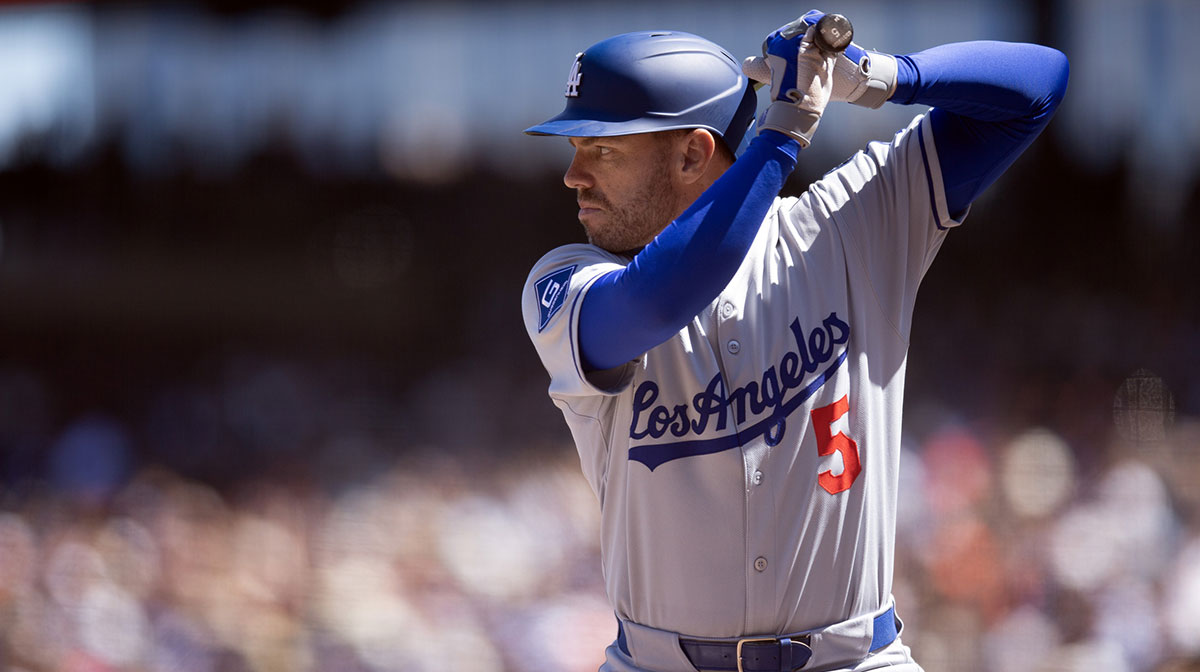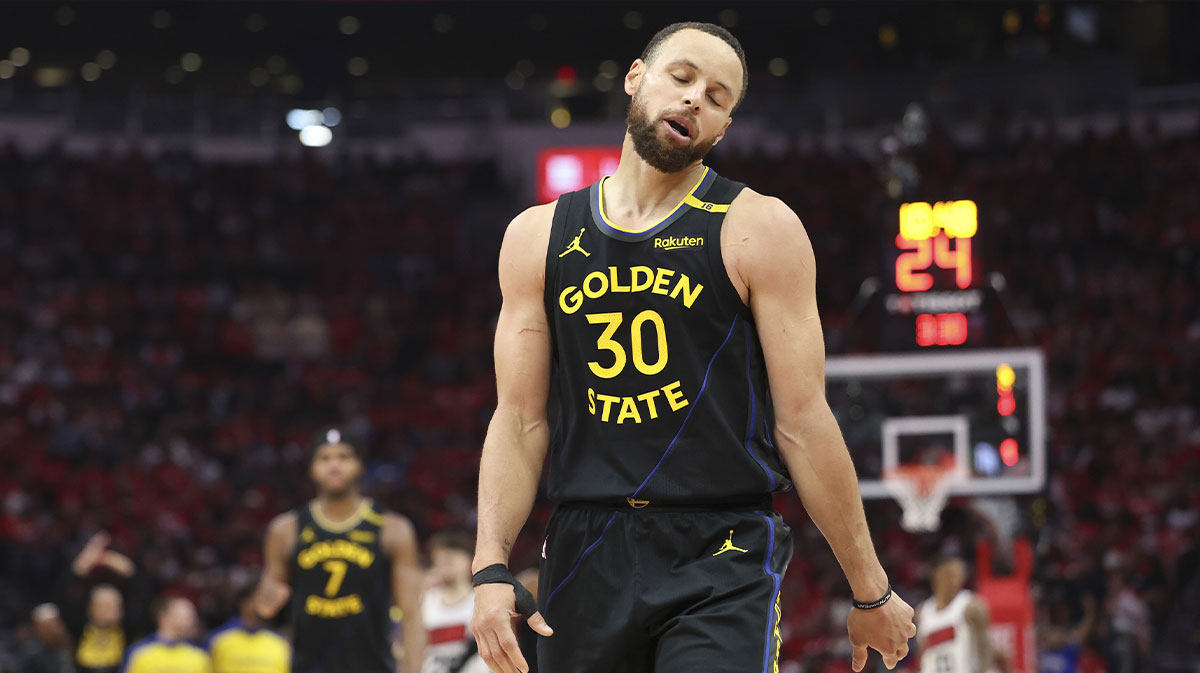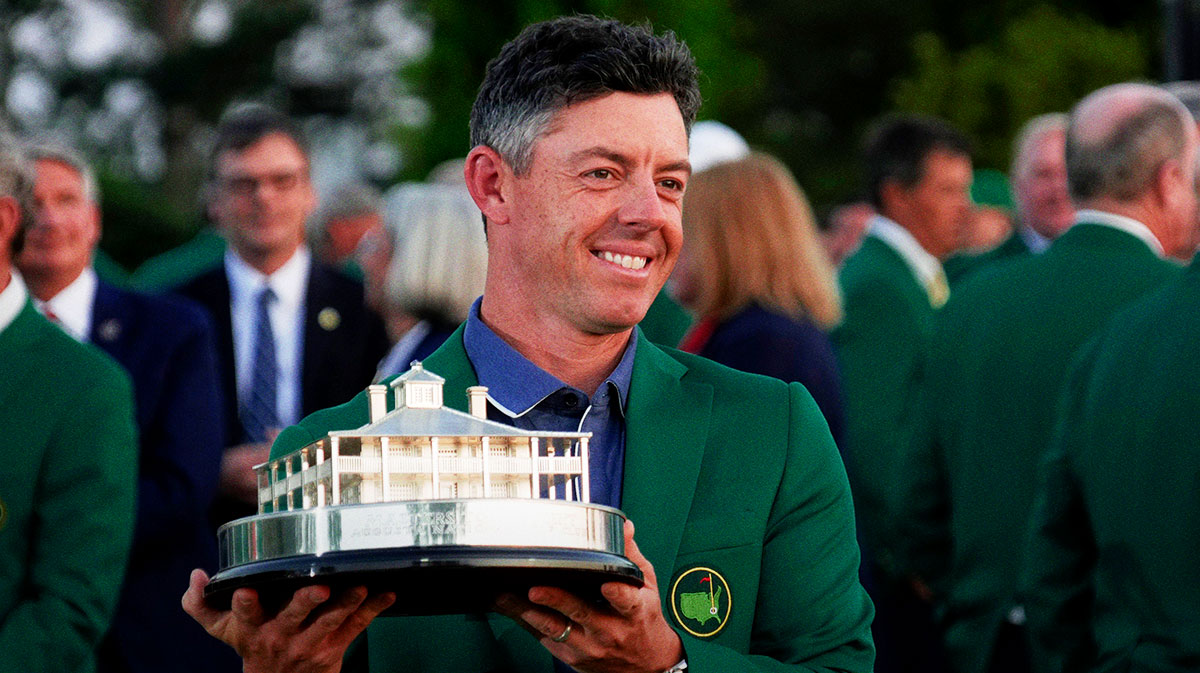There is no logical reason for Brent Williams to have a six-year, $23-million contract coaching college basketball.
Who the hell is Brent Williams? Great question. Texas A&M’s new coach is better known as Buzz Williams. How he came by his acquired first name is just a part of a story that keeps your eyebrows stuck in the fully raised position.
His coaching career began when he showed up to watch a closed-to-the-public practice at Navarro Junior College in Corsicana, Texas. Coach Lewis Orr told him the only way he could stay was to work.
He started with sweeping the court – twice. The first time he missed the corners but that was quite likely he’s missed a detail. Williams kept hanging around, evolving into a go-fer, a student manager/assistant who would do anything, any time, with matchless energy. Orr described Williams as buzzing around like a bee. Brent became Buzz, the first step on a twisting path up the coaching equivalent of Mt. Everest.
“My trajectory in my career is atypical in every sense of the word,” Williams said when he was hired in April at a school that has been unworthy of even a basketball footnote. “Nobody necessarily ever told me that I could, but nobody ever told me I couldn't. And as I've gotten older, I think the value of somebody telling me I couldn't do it maybe was just as important as somebody telling me I could.”
Williams, 47, grew up in Van Alstyne, 50 miles north of Dallas. Other than hard work at odd jobs, there was nothing in his high school years that pointed to becoming a coach who would work in college basketball’s top conferences.
“I didn’t know anything about college basketball, to be honest with you, but I knew how to say yes, sir, and no, sir,” Williams said years later. “I wasn’t scared to work, and I knew that being polite and being honest would at least give you a chance.”
Williams impressed Orr with his organization and discipline. He wrote down names of everyone he met and then wrote, by his count, 425 letters (it was 1990, no email, no cell phones) to follow up with the coaches he had encountered. His daily calendar had time blocked for school, practices, workouts, bible study, his journal … and writing those letters. Williams marched to the drum beat of that schedule.
“He was so disciplined day in and day out,” said Orr, now retired. “He was a machine. I wish I had those qualities. Now, just being back in Texas, I think, is a big factor in him staying put. He’s basically a Texas guy.”
Which is appropriate because the official start of Williams coaching career is a Texas-sized tale.
__________
After two years at Navarro and two more at Oklahoma City University to get his degree, Williams was ready for the world. His letter writing had created dozens of pen-pal contacts. His job hunting ground would be the 1994 Final Four in Charlotte, N.C. With a $1,000 loan, he bought his first and only suit and a round-trip ticket.
The National Association of Basketball Coaches hotel lobby at every Final Four is the ultimate “hang.” Coaches of all levels, usually wearing warmup suits, are joined by ticket brokers, autograph seekers and people watchers.
Dressed in his new three-piece suit and with only a few dollars, Williams worked the room for three days. For every coach he spotted, he handed his resume – printed on grade-school quality, multi-colored construction paper. Then, a friend told him that UT-Arlington had an opening for a graduate assistant coach.
Williams used the house phone to call UTA coach Eddie McCarter’s room. One message led to another and another and another. Every time McCarter returned to his room, that red light was blinking. Some guy named Williams kept calling about a job that paid $400 a week.
Asked recently if the thought he was being stalked, McCarter laughs.
“Nobody has ever wanted to talk to me that bad,” McCarter said in a phone interview. “Eventually, we talked in my room and I told him that I would be in touch once I got home.”
Williams took that tepid guarantee as a job offer. He flew back to Oklahoma City the Monday night that Arkansas beat Duke in the national championship game. The next day, he packed up his ride – a 1974 Ford Courier pickup that he bought for $1,000 – and drove to Arlington.
When he got in town, he looked up McCarter’s name in a phone book at a convenience store. After a few stops for directions, Williams journey ended. He parked in front of McCarter’s house. And waited.
That Tuesday night, McCarter arrived home and was greeted by some guy who had been sitting for over 12 hours in a beat-up truck parked on the street.
“I pull up to my house and wondered, ‘Whose car is this?’” McCarter said. “I’m getting out of my car and he comes running up to me as I’m getting my luggage, he walks into my house with me. We sat down and talked, and I decided, ‘If this guy wants this job this bad, I’ve got to hire him.’”
When Williams was coaching Marquette in the 2011 NCAA Tournament, he was asked to recount the story of his UTA hiring. It might have been the longest transcribed answer in March Madness history – 1,500 words. Williams’ recollection of his face-to-face meeting with his future boss a little differently.
“He said, ‘You have to be the craziest son of a bitch I’ve ever seen,’” Williams said back then. “And I said, ‘Coach, I wanted to tell you one more time that I wanted the job.’”
Williams was instructed to report for work the following Monday. One problem. Williams was on pace to graduate magna cum laude, but he had yet to finish the semester. He returned to OCU and started cajoling, coercing and completing the necessary work to get the sheepskin. Degree secured, he drove back to Arlington on Sunday. He had no money and no place to live. He slept in his truck in the parking lot at the UTA athletic office.
“Monday morning at 8 a.m. I walked in there and I said, ‘I’m here,’” said Williams, who would eventually move into a dorm room that was part of his employment deal. “That’s how it all started.”
__________
McCarter, who is now an assistant coach at Shelton State Community College in Alabama, says he “feels blessed” that he had Williams as an assistant at UTA. Williams tends to have that effect on people, creating friendships and loyalty.
Dale Layer, now a special assistant on Williams’ staff at A&M, has worked for him for 19 years. But in 2000, Layer was a first-year coach at Colorado State putting together a staff. His initial encounter, the trip back from the airport after Layer picked Williams up, nearly involved a U-turn.
The over-caffeinated, fast-talking Williams was overwhelming the interview before it ever started. Layer, remembers thinking, “I don’t like this guy.” But it was soon evident that Williams – who had a detailed notebook prepared explaining how Colorado State could recruit in Texas – possessed talent and vision. He got the job and was an assistant for three years. Layer says it’s the best hire he ever made.
Before Colorado State, Williams was an assistant at Northwestern State in Natchitoches, La. – truly one of college hoops’ isolated outposts. When Mike McConathy took over as coach there, one of his first hires was Williams, who landed three recruits that helped the Demons make the school’s first NCAA appearance in 2001.
“We’d go on recruiting trips, driving for seven days and sharing $35 LaQuinta rooms,” said McConathy, who is still coaching at Northwestern State. “Buzz was and is methodical. He’s meticulously organized. I visited him after he bought his house and his closet looked like a rack of clothes at a department store.
“He knew at every job he’s had he has had to work hard, being diligent and dedicated so he could check every box to be able to move up to the next job.”
Williams’ first head coaching job came at the University of New Orleans – seven months after Hurricane Katrina had devastated the city. As the city recovered, Williams realized that raising his family there was too big a challenge, so he took a step down to become an assistant at Marquette.
When Tom Crean left for Indiana, Williams was named the head coach. After six seasons there, he moved to Virginia Tech and met the challenge of making the Hokies respectable in the Atlantic Coast Conference.
In 11 seasons at Marquette and Virginia Tech, Williams won a total of 230 games and won 20 or more nine times. His teams have made eight NCAA appearances, reached four Sweet 16s and one Elite Eight. In his last two seasons in Blacksburg, the Hokies beat Duke twice and nearly upset the high and mighty Blue Devils in last season’s Sweet 16.
__________
In college sports, the state of Texas is associated with football. Men’s basketball? Meh. The only national championship for the state came in 1966 thanks to Don Haskins and Texas Western. Even women’s basketball has proven superior, winning six national titles (one by Texas A&M).
Texas A&M fits the basketball wasteland narrative. The Aggies’ best March Madness moment came when it stunned North Carolina in double overtime in a second-round game … in 1980. A&M has made the Sweet 16 four times and six of the school’s 14 NCAA appearances came consecutively between 2006 and 2011 but the Aggies only made it past the first weekend once.
Last season, Texas Tech, one of A&M’s former foes in the Southwest and Big 12 conferences, came within 12 seconds of winning an unlikely national championship last season. The Red Raiders have suddenly become a basketball success in a football-mad state. McConathy thinks comparing Red Raiders coach Chris Beard to Williams at A&M makes sense. McCarter believes that Williams has found his “forever job.”
Williams was hired a year after the school threw a 10-year, $75 million contract at Jimbo Fisher to become the school’s football coach. It just means more in the SEC and football has always meant more to the Aggies. “Buzz and Jimbo” might sound like a 1970s Saturday morning cartoon show but both coaches are expected to deliver at the level of their pay grade.
This season, the Aggies are expected to finish near the bottom of the SEC, a league that has quickly reset after placing just three teams in the 2016 bracket. That embarrassment kick started a league-wide drive for improvement. Williams goes from coaching against Duke’s Mike Krzyzewski and North Carolina’s Roy Williams to a conference that has six coaches who have led teams to the Final Four.
“I probably have an edge to me and for a portion of my career, if I were being transparent, I would say that it was an edge to prove that I belonged,” Williams told ESPN.com. “I still think that I have an edge and to some degree, I think that edge is not selfish in nature, it's more unselfish in that I've been given an opportunity I was undeserving of.
“With this opportunity, it is my responsibility to help as many as I can have an opportunity that they're working to try to have.”
Before getting the gig at New Orleans, Williams was an assistant for Billy Gillispie at Texas A&M from 2004-06. ESPN analyst Fran Fraschilla likens Williams’ return to Aggieland to Bear Bryant saying that “mama called” when he left College Station for the chance to coach at Alabama.
In 1990, when was a 17-year-old freshman, Williams’ dream was to become head coach at Navarro Junior College in Corsicana. Where he is now and how he got there, nearly three decades later … it’s not logical. It’s just a helluva story.
https://soundcloud.com/user-255381604-824003950
–
Wendell Barnhouse has covered sports for four-plus decades. That has included covering 25 Final Fours and 15 college football national championship games.
Also, be sure to follow the ClutchPoints NCAA Facebook page for more great college basketball, recruiting, original analysis and whatever other kinds of discussion. We’re also on Twitter over here. Give us a follow.

